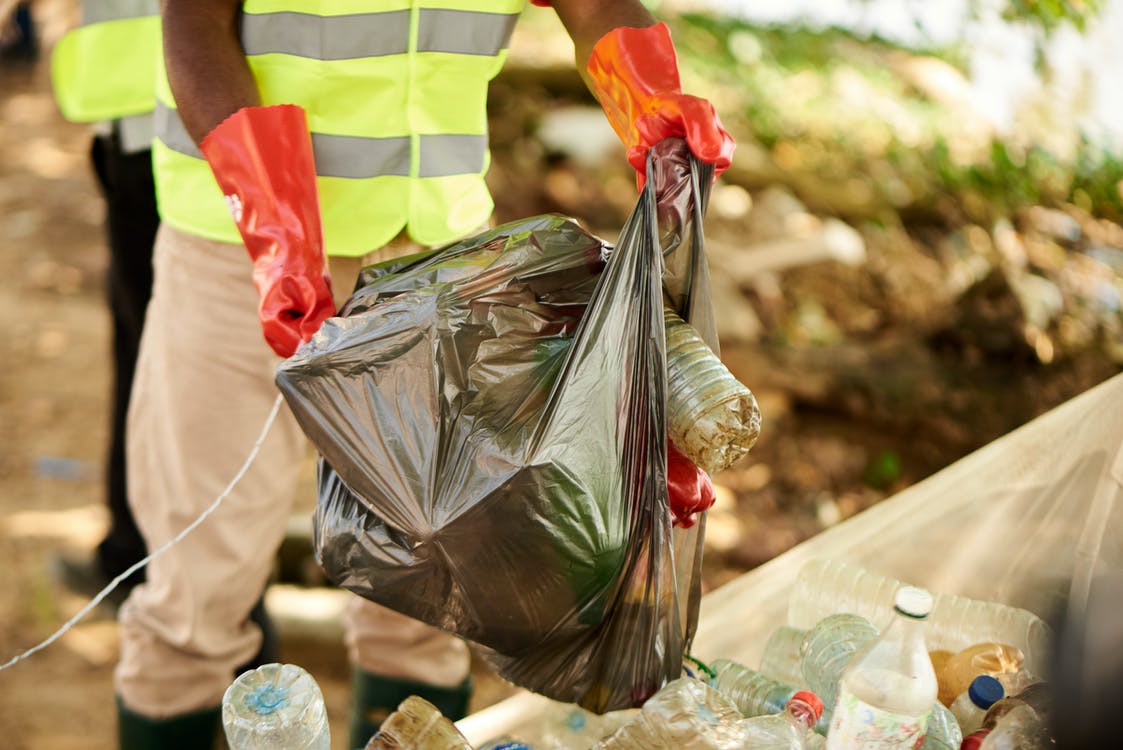Posted: 29 July 2022
Reducing plastic in Africa is possible

The issue of plastics is a complex one. 99% of the plastic produced comes from refining gas and oil-the same materials whose exploitation has led to the climate crisis. This makes plastic pollution and climate change two sides of the same coin.
In Africa in particular, the problem of plastic pollution is very serious, and Senegal has become a case in point. Precisely because of its geographic location to the west, on the coast, just below the desert zone, it has become a collection point for waste from the rest of the world and is experiencing an ever-increasing domestic demand for packaged goods, which cause more than 250,000 tons of plastic waste per year. Lacking properly designed disposal sites, nearly 70% of solid waste is deposited in unauthorized locations and in significant quantities along the coast. Senegal, despite its small size, it is the 21st largest polluter of the world's oceans, and its waters contain levels of microplastics pollution that carry disastrous consequences for the natural environment, agricultural activities, and therefore the life quality of the population. Indeed, consider that the agricultural sector employs more than 60 percent of the population and contributes more than 15% to the gross domestic product, and that more than 65% of Senegalese live in coastal areas, mainly concentrated around the capital. These areas are very vulnerable to flooding due to the rapid and unplanned urbanization and high urban density.
This is the context for an important project to combat plastic pollution in Africa. Africa Carbon & Commodities (ACC), a Senegal-based company and subsidiary of Aither, in coordination with other local partners, has developed and introduced the Deekali Plastic Recovery West Africa, the first Verra plastic credit program in Africa. This project, active in several regions of Senegal, deals with the collection and recycling of plastic waste, from which plastic credits are generated and transferred into the voluntary credit market system.
In line with the Sustainable Development Goals of the United Nations Agenda 2030, the project aims to significantly reduce plastic waste by introducing a system of collection directly from homes, streets, public places, and uncontrolled landfills in cities, villages, and on the coasts. The entire system put in place by the Deekali Project provides employment opportunities for the local population, particularly by acting as a lever on the empowerment of women, who then through this project can have more opportunities for empowerment.
The collection of plastic is carried out by trained pickers and women's groups, and the waste is taken to the three recycling companies, which turn it into chips to be sold to plastic manufacturers. Before the project began, there were few efficient and systematic methods for collection and recycling plastic. With Deekali, 7,732.60 tons of plastic waste has been collected and 6,558.70 tons recycled each year since 2016.
Africa Carbon & Commodities, as the project developer, assembles data on collection and recycling, monitors activities from the collection stage to the final product, assesses compliance of program activities and tracking of results to generate plastic credits. ACC also monitors the impacts of project activities, which must be measurable, certified and effective and provide long-term social, economic and environmental benefits. ACC conducts meetings with other stakeholders involved in the need to maintain clear information about activities and also provides administrative, technical and financial support.
As noted in sector studies by nongovernmental organizations such as WWF and UNEP, the United Nations Environmental Protection Agency, which study the complex issue of plastic pollution in Africa, waste management is both a structural and behavioral problem. Most of the waste is domestic and there is an absence of the necessary infrastructure. Thus, the cause of the problem is a combination of many aspects: high poverty rates in Africa, environmental inequity, the remnants of colonialism that still make Africa "the world's dumping ground," and the corruption of many local governments, which from the recovery of waste in landfills have created a veritable underground economy that exploits women, children and the poorest part of the population.
Thus considering the urgent need for drastic change in the current waste management system in Africa, the Deekali project is an example of how to really create change and provide sustainable options. Not only does it reduce waste and improve environmental conditions, but it helps to educate the population in a culture of waste reduction, collection and recycling, creating job opportunities, and improving the region's economy.
In this regard, an important achievement was made: on March 2, 2022, under the auspices of UNEP, UN member states signed a landmark treaty in Nairobi to reduce the recycling of plastics. Providing for binding regulation by 2024, the treaty deals with managing the entire life cycle of plastics so as to drastically reduce the amount produced and disposed of globally and sanction environmentally and socially unsustainable practices.